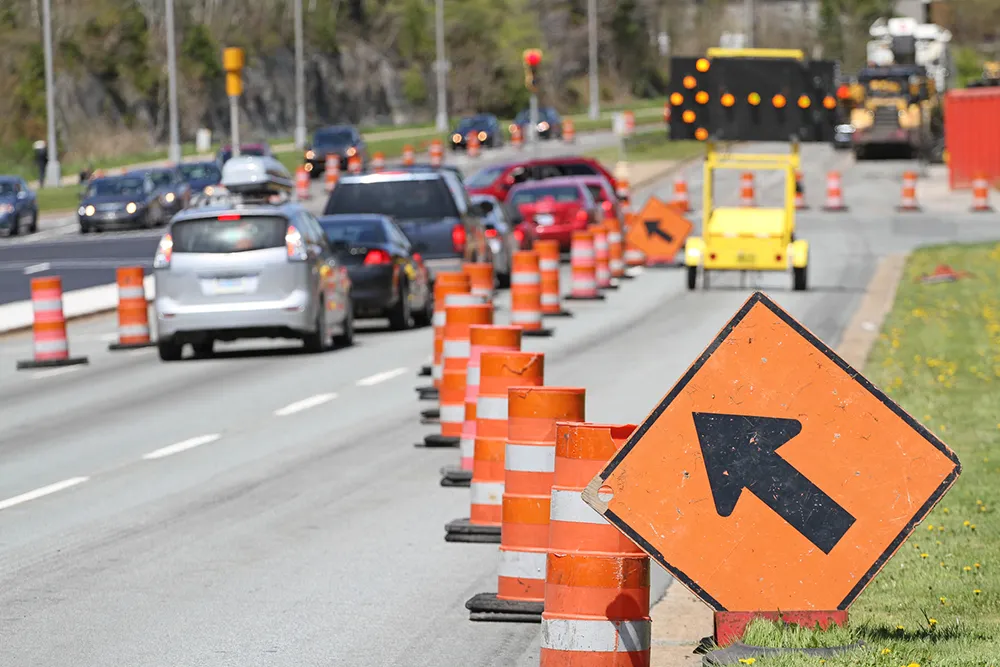UK transport user watchdog Transport Focus has launches it report on road users’ experiences of planned roadworks and unplanned disruption.
The report, Incidents and roadworks - A road user perspective, follows the watchdog’s 2015 work on road users’ needs and experiences of the Strategic Road Network.
In it, the watchdog recommends planning shorter roadworks, 24/7 working and involving the freight industry more in roadworks planning. It also encourages more work to help release trapped traffic, prev
November 16, 2016
Read time: 2 mins
UK transport user watchdog Transport Focus has launches it report on road users’ experiences of planned roadworks and unplanned disruption.
The report, Incidents and roadworks - A road user perspective, follows the watchdog’s 2015 work on road users’ needs and experiences of the Strategic Road Network.
In it, the watchdog recommends planning shorter roadworks, 24/7 working and involving the freight industry more in roadworks planning. It also encourages more work to help release trapped traffic, preventing vehicles from joining the back of a long queue and providing more helpful information when they are stuck.
Among the findings, researchers found that road users want to see continued investment in our motorways and major ‘A’ roads. They accept that it will come with some short-term pain, but feel that this could be lessened if users’ interests were more strongly considered when planning and implementing roadworks. For example, shorter lengths of roadworks, more visible work activity and better information helps road users to tolerate roadworks.
The report also states that road users are broadly sympathetic when there are accidents. However, they are still looking to8101 Highways England to get the road open again more quickly and, if it is clearly a major incident, to take bold measures to get people on their way and protect the welfare of those stuck in the queues.
It also claims that road users have many examples of where their need for clear, accurate information is not currently being met, particularly once they are out on the road.
Transport Focus will now use these findings to work with Highways England, the1837 Department for Transport and others to help shape the management of incidents and roadworks to better meet the needs of road users.
The report, Incidents and roadworks - A road user perspective, follows the watchdog’s 2015 work on road users’ needs and experiences of the Strategic Road Network.
In it, the watchdog recommends planning shorter roadworks, 24/7 working and involving the freight industry more in roadworks planning. It also encourages more work to help release trapped traffic, preventing vehicles from joining the back of a long queue and providing more helpful information when they are stuck.
Among the findings, researchers found that road users want to see continued investment in our motorways and major ‘A’ roads. They accept that it will come with some short-term pain, but feel that this could be lessened if users’ interests were more strongly considered when planning and implementing roadworks. For example, shorter lengths of roadworks, more visible work activity and better information helps road users to tolerate roadworks.
The report also states that road users are broadly sympathetic when there are accidents. However, they are still looking to
It also claims that road users have many examples of where their need for clear, accurate information is not currently being met, particularly once they are out on the road.
Transport Focus will now use these findings to work with Highways England, the










